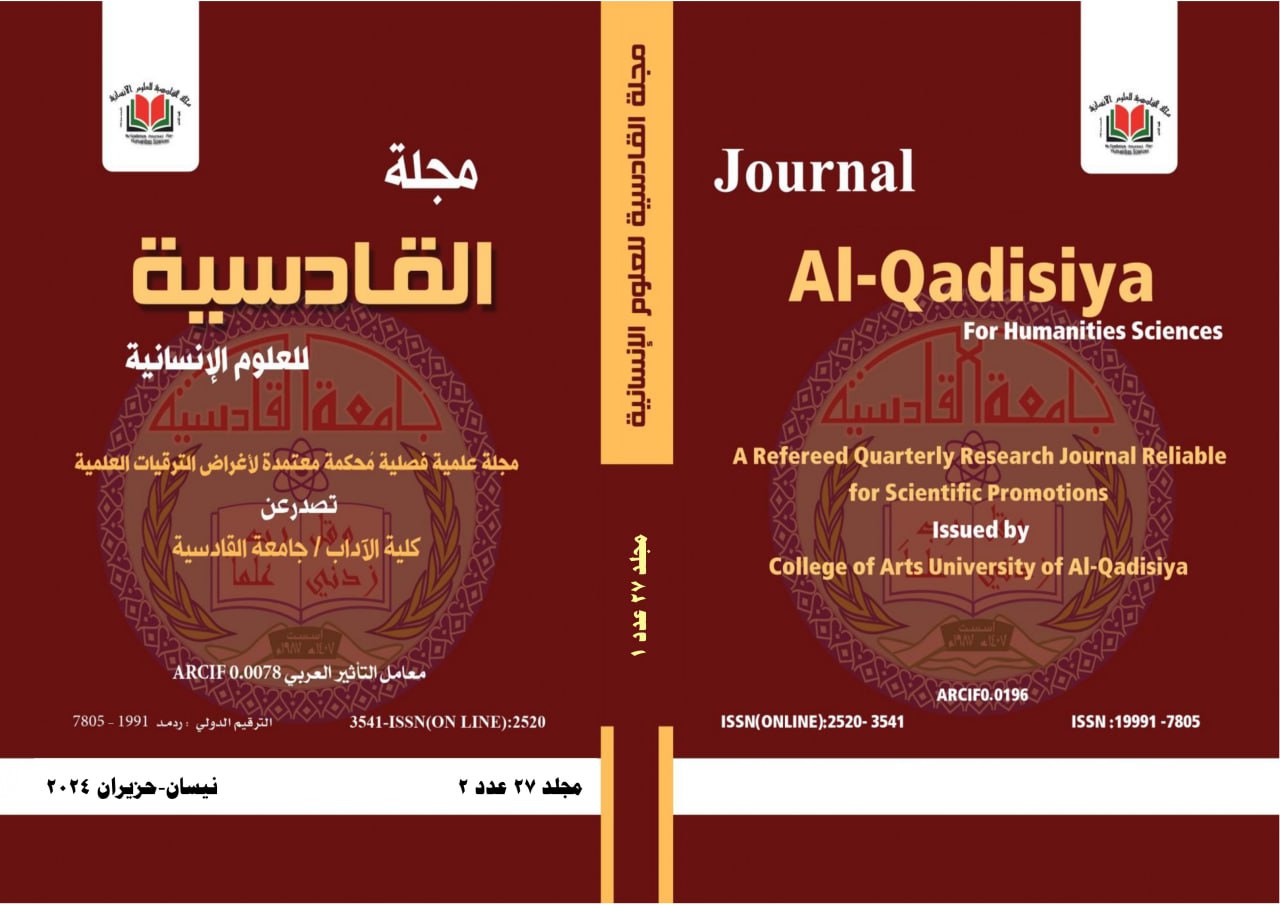Abstract
This paper is an attempt to investigate supplication as an important genre in English and Arabic languages. In English, supplication can be defined as a way of becoming close to God, and it has the connotation of being humble. Although supplication is prayer, it must have a specific meaning of its own. According to the word etymology, it refers to a bending down and indicates a bowing or kneeling in submission. By extension of this picture, to supplicate is to ask for humbly and earnestly. Supplication, therefore, is the attitude or spirit of prayer. On the other hand, in Arabic munajat (supplication) is considered as an intimate form of du'a (collect), nevertheless, both du'a and munajat are the essence of faith in Islam. The literal Arabic meaning of munajat (supplication) is a private and confidential talk with Allah or an intimate conversation. This paper investigates the various syntactic forms made by the suppliants, the types of request they make, and the pragmatic level used in their supplication. Additionally, this paper formulates an analysis of supplication at its syntactic and pragmatic levels in both standard languages. For this reason, two liturgical texts from English and Arabic have been chosen. The data of this paper consist of ''The Psalm 143'' from the Holy Bible and ''Supplication of Fearful'' from Al-sahifat As-sajjadiyya .
